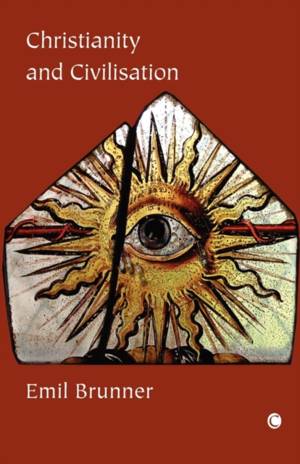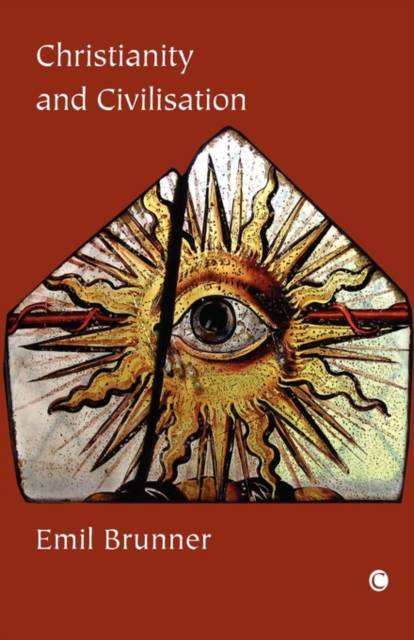
- Afhalen na 1 uur in een winkel met voorraad
- Gratis thuislevering in België vanaf € 30
- Ruim aanbod met 7 miljoen producten
- Afhalen na 1 uur in een winkel met voorraad
- Gratis thuislevering in België vanaf € 30
- Ruim aanbod met 7 miljoen producten
Zoeken
€ 37,95
+ 75 punten
Omschrijving
Despite the horrors of two world wars, Brunner saw hope for the building of a new civilisation on the ruins of what had been destroyed, arguing that only Christianity is able to provide the basis of a truly human civilisation. In setting out his thesis, Brunner first develops a Christian philosophy of civilisation dealing with basic principles, and then goes on to develop his ideas by offering a Christian interpretation of some of the main features of civilised life, from science and technology, through work, education and art, to wealth, social order and power. He criticises the fatally dazzling belief in progress as having led to the nothingness of despair. While the transcendent kingdom of God cannot be identified with a particular formof government or social structure, Brunner argues that the influence of Christianity on western civilisation has been more profound than any other influence. Brunner's analysis stands alongside the work of scholars such as Herbert Butterfield and Christopher Dawson as one of the leading studies of the influence of religion in the development of western civilisation. While their approach is primarily historically, Brunner's is that of the theologian, giving his work a unique perspective.
Specificaties
Betrokkenen
- Auteur(s):
- Uitgeverij:
Inhoud
- Aantal bladzijden:
- 328
- Taal:
- Engels
Eigenschappen
- Productcode (EAN):
- 9780227172896
- Verschijningsdatum:
- 27/08/2009
- Uitvoering:
- Paperback
- Formaat:
- Trade paperback (VS)
- Afmetingen:
- 142 mm x 215 mm
- Gewicht:
- 421 g

Alleen bij Standaard Boekhandel
+ 75 punten op je klantenkaart van Standaard Boekhandel
Beoordelingen
We publiceren alleen reviews die voldoen aan de voorwaarden voor reviews. Bekijk onze voorwaarden voor reviews.








